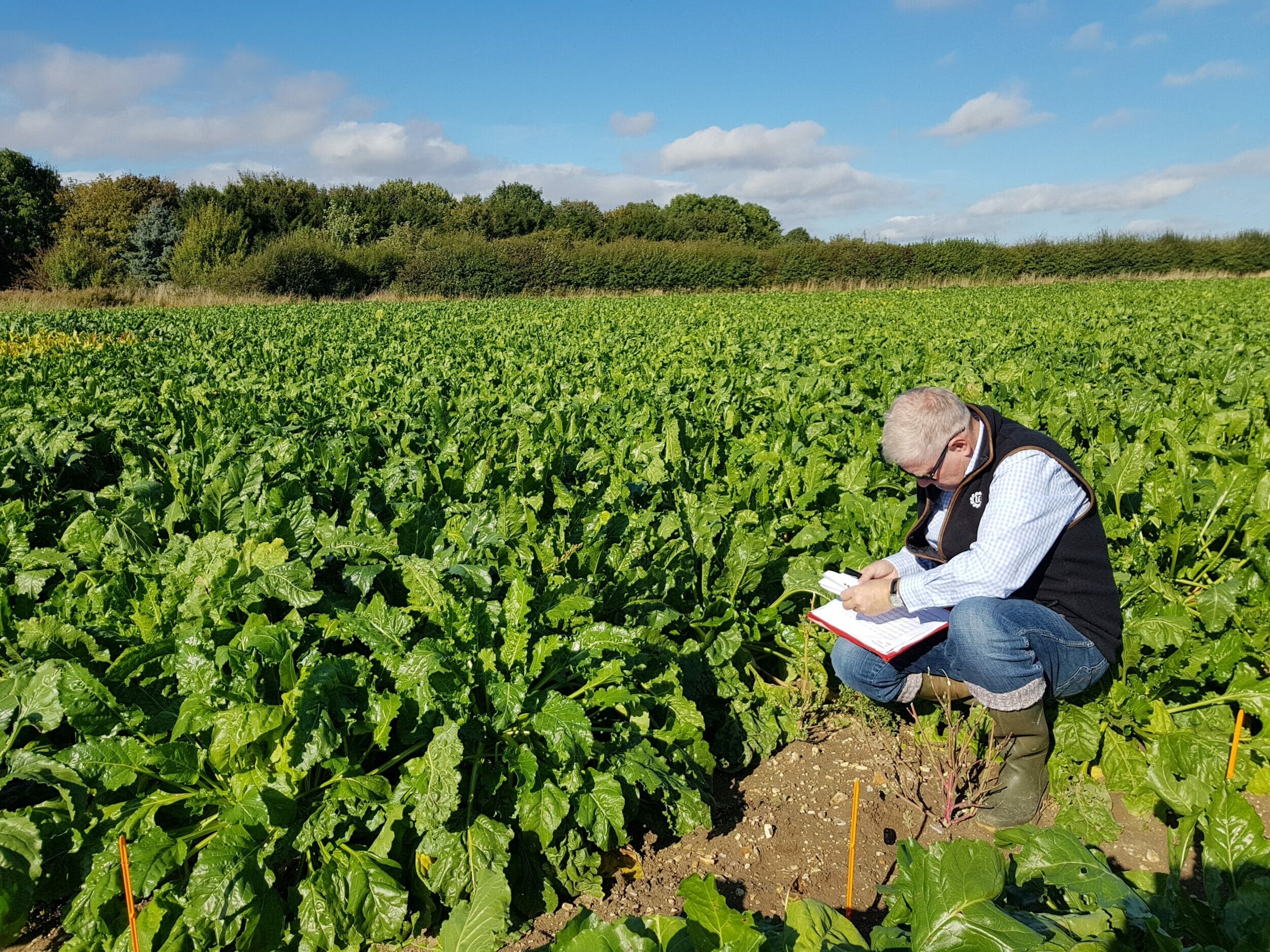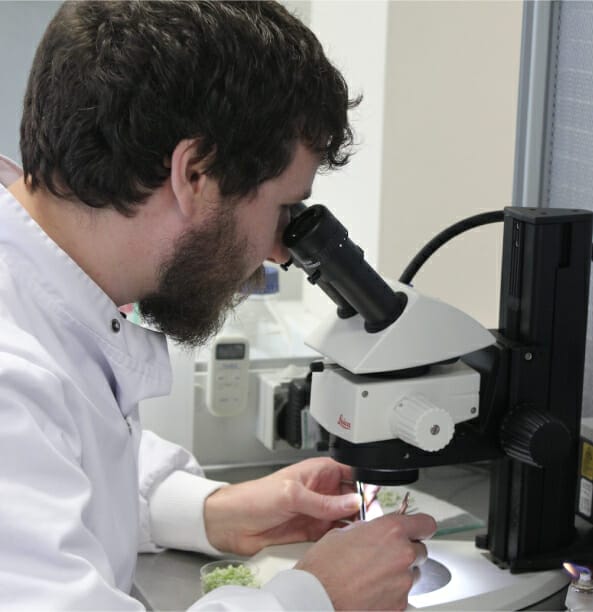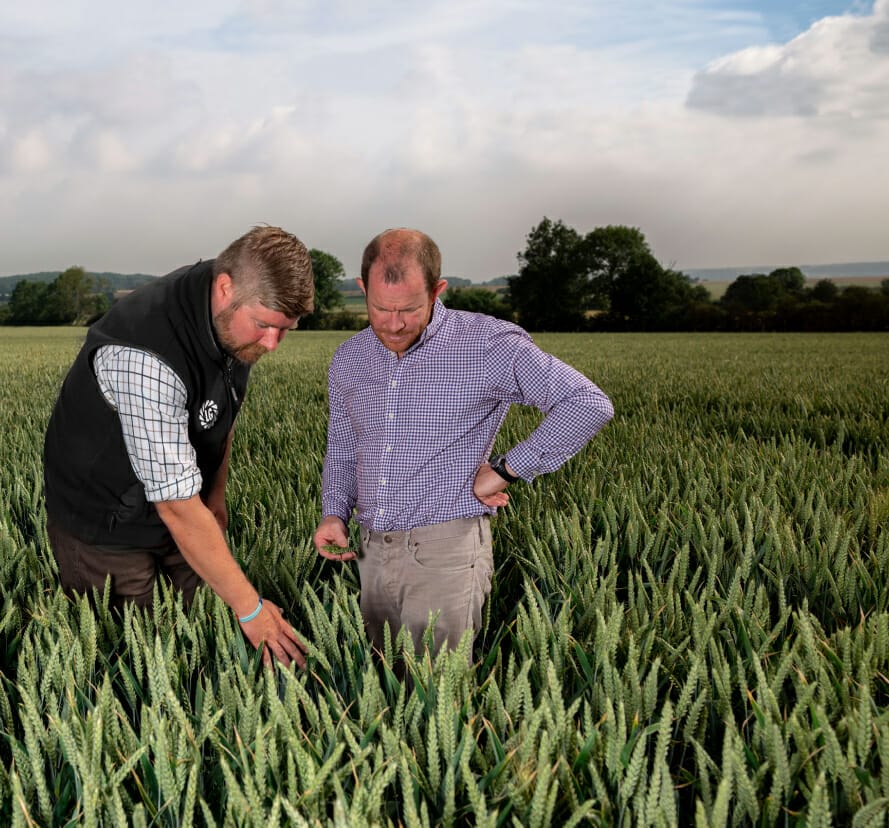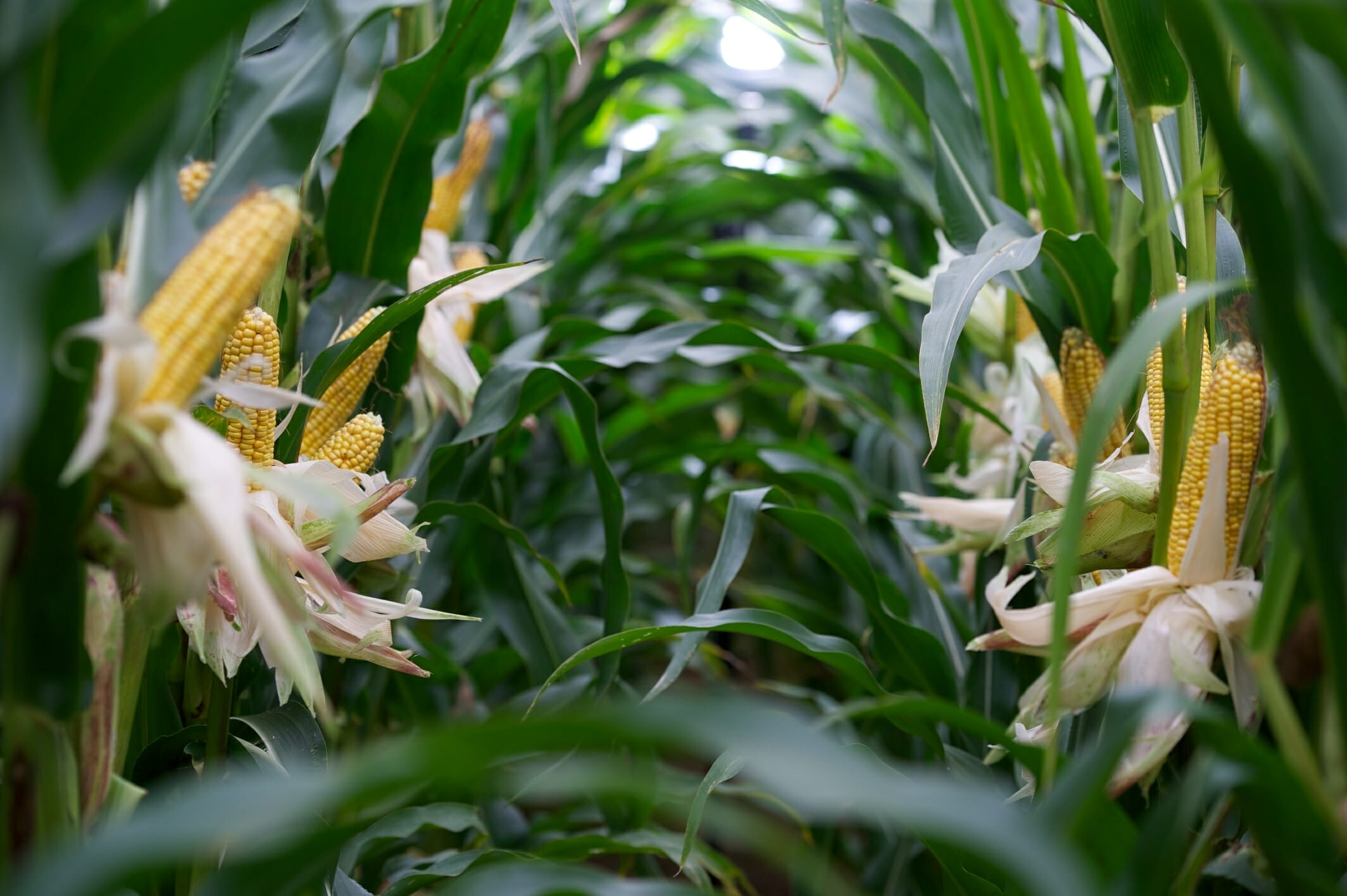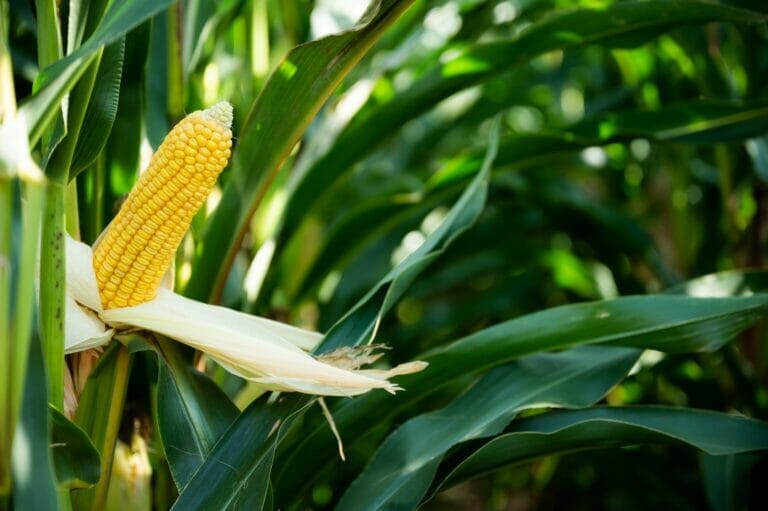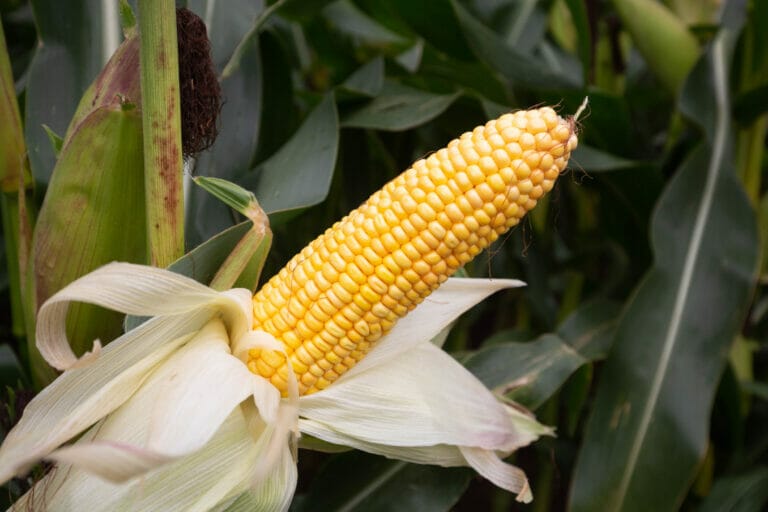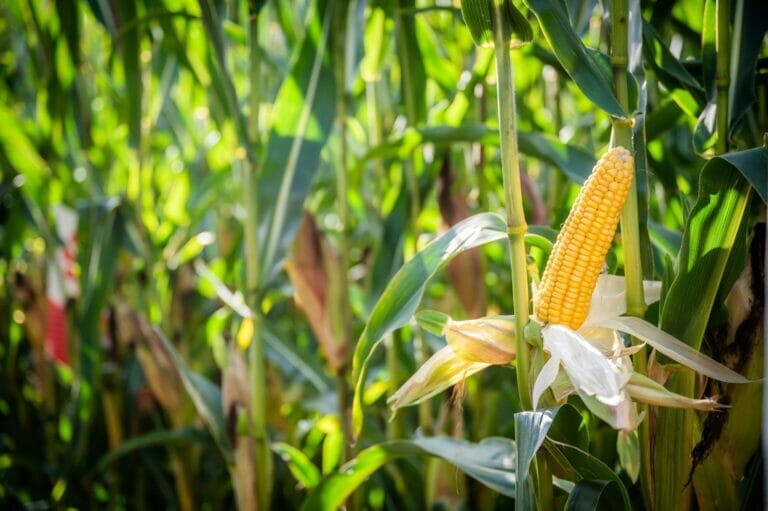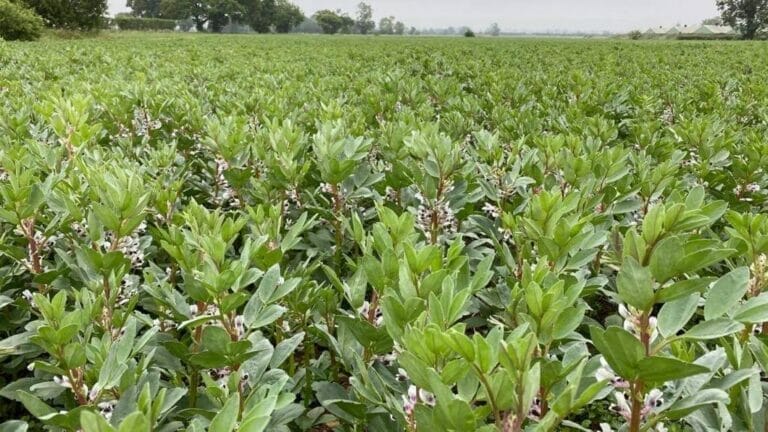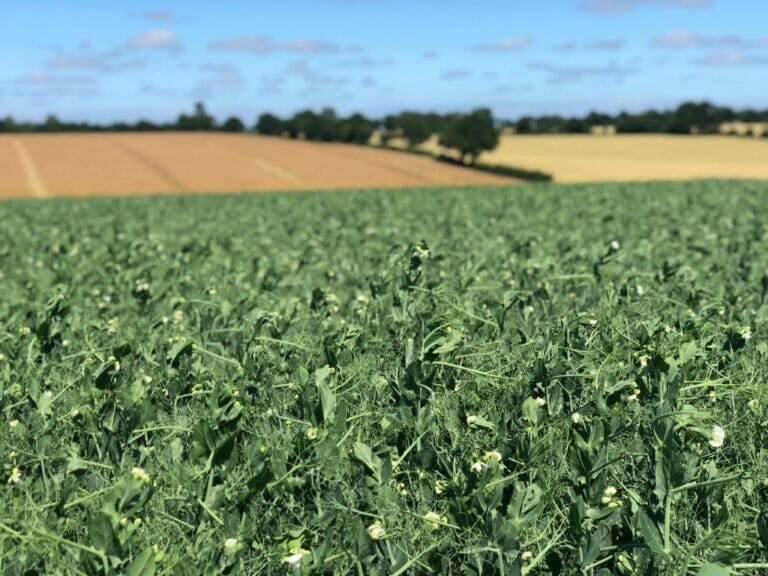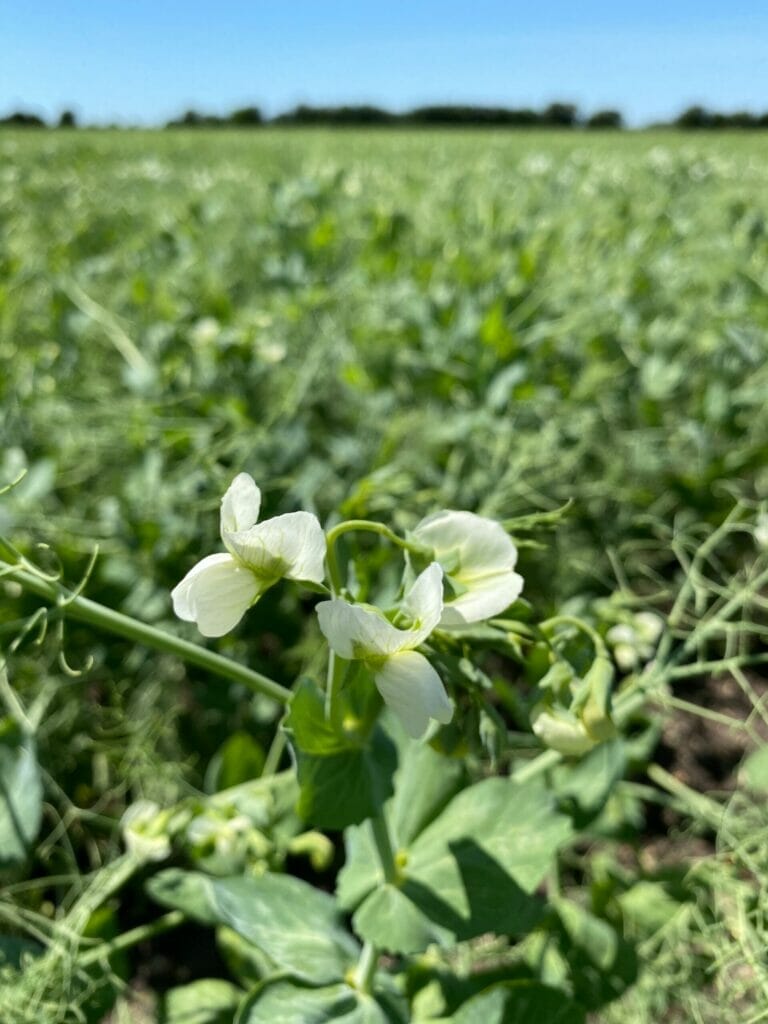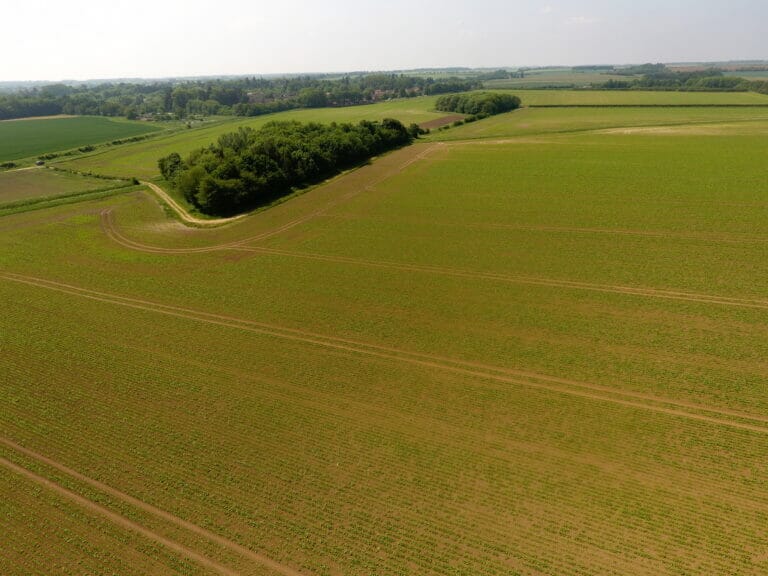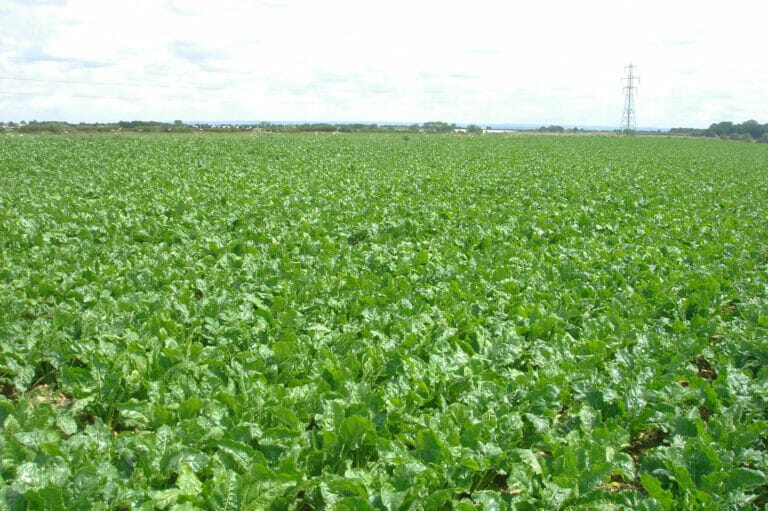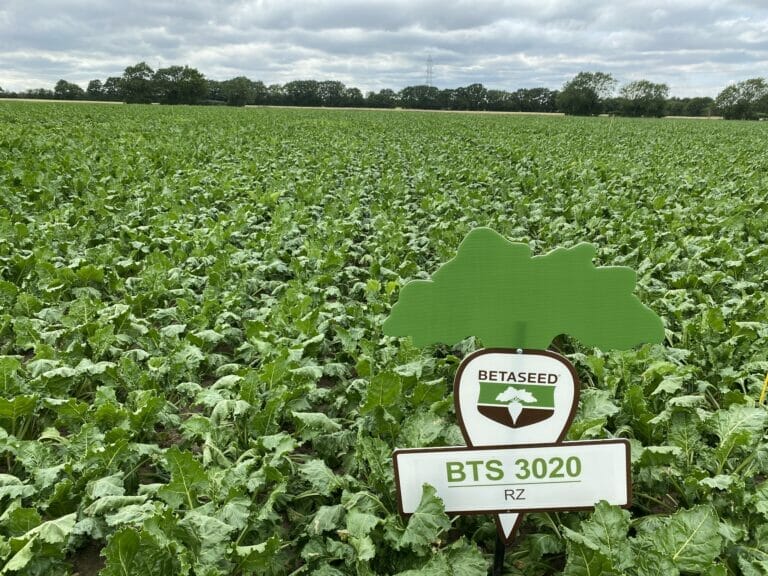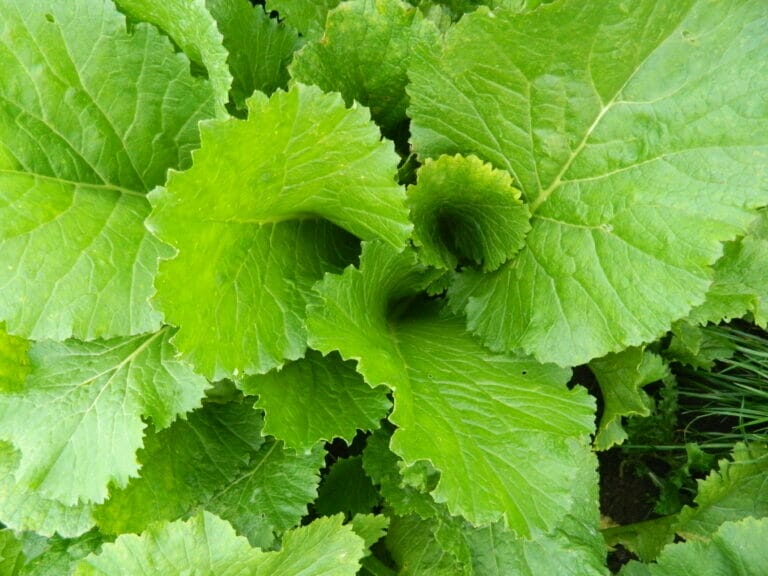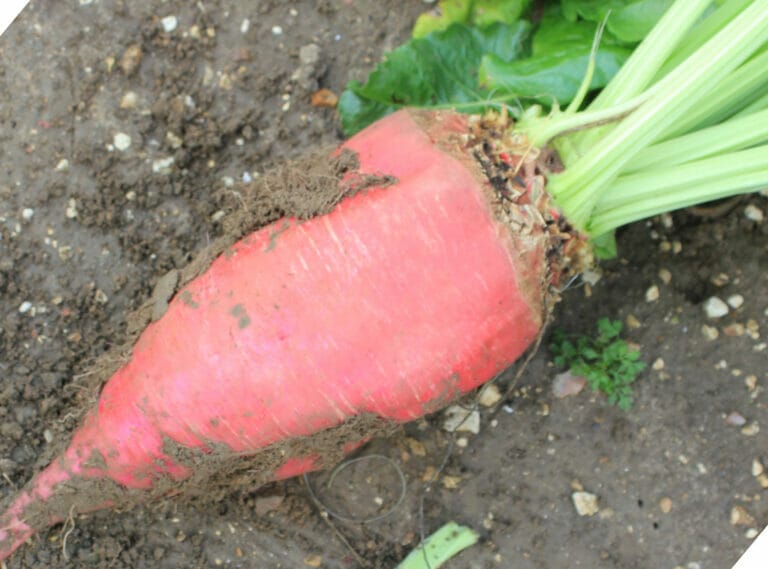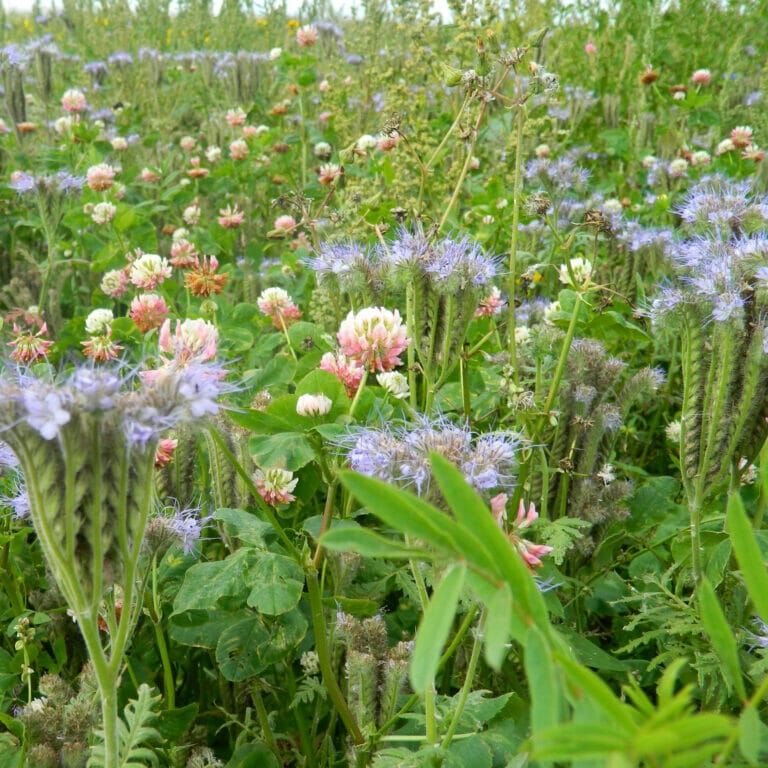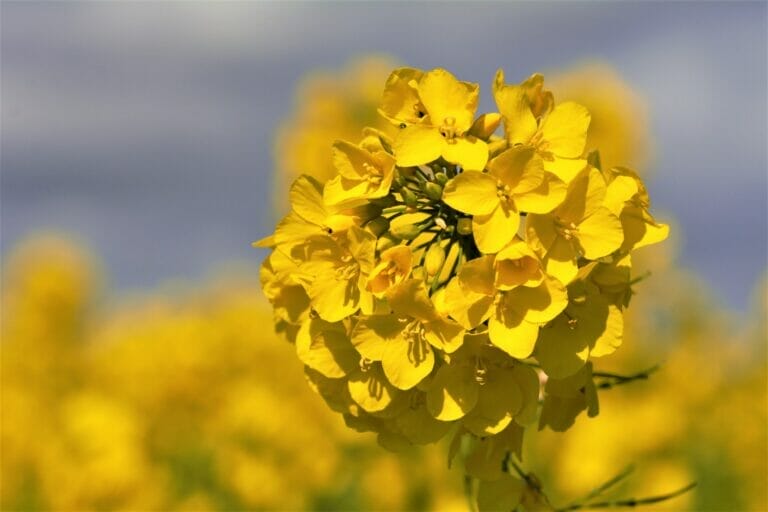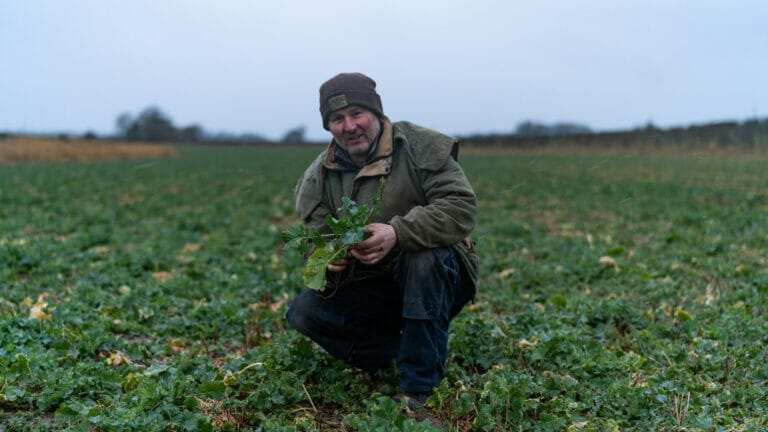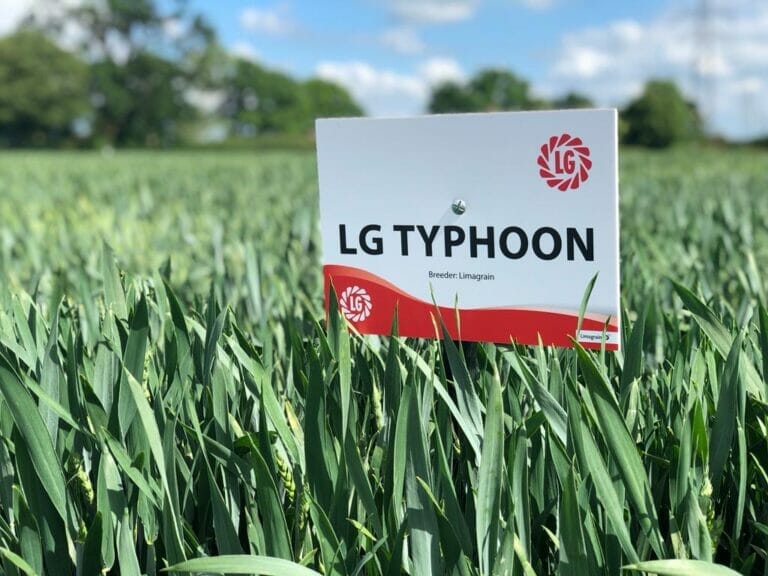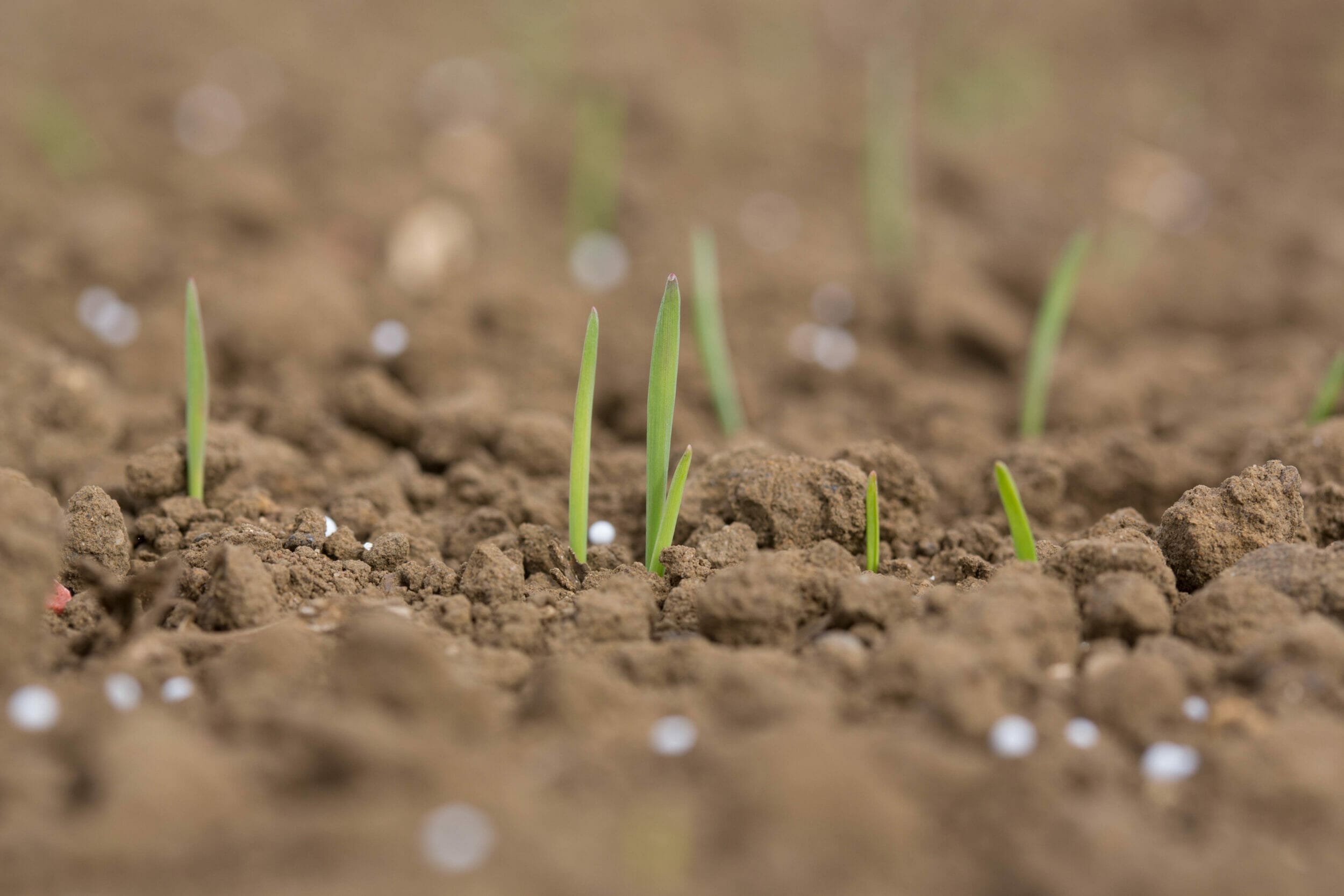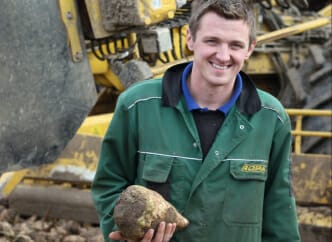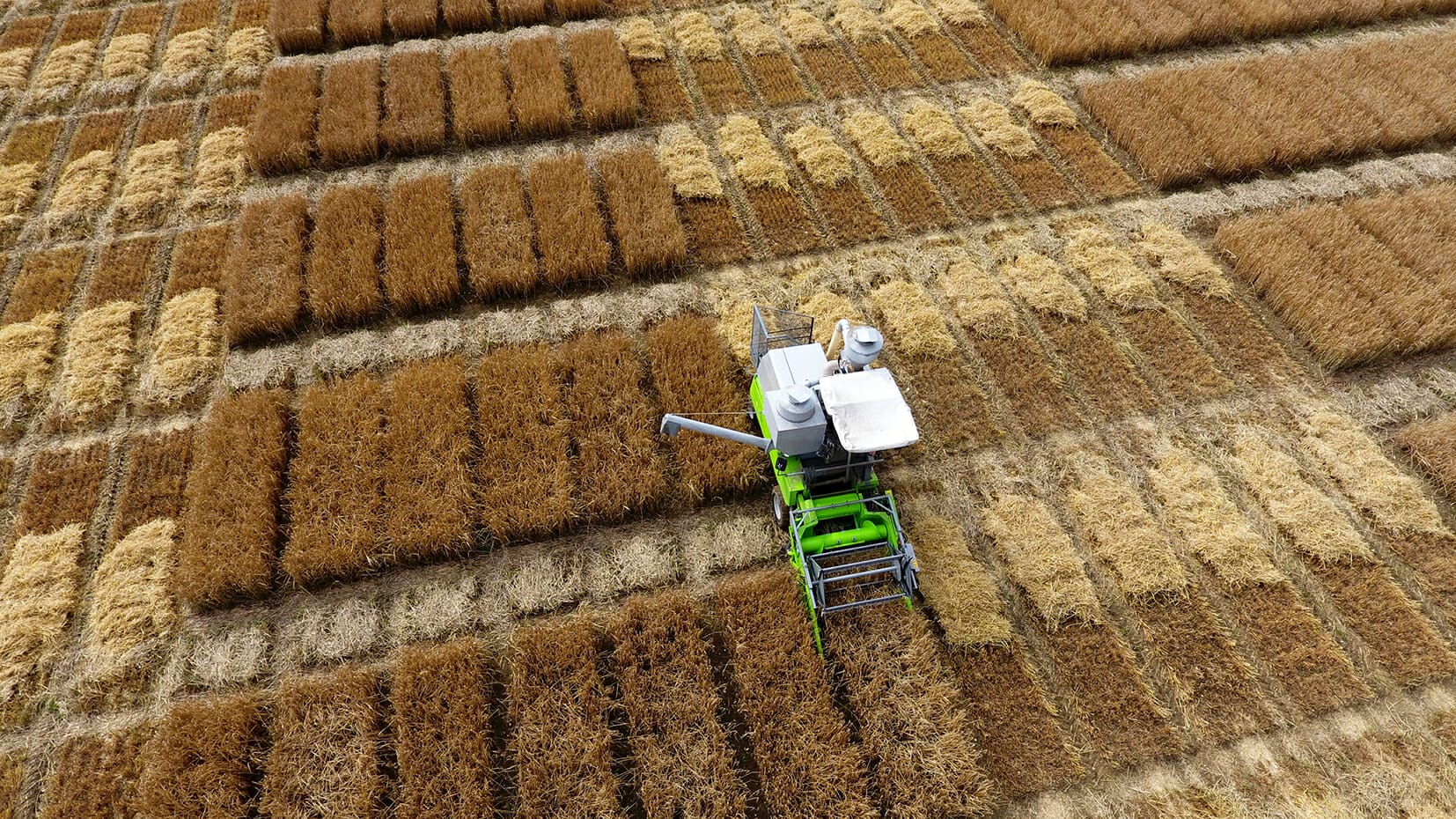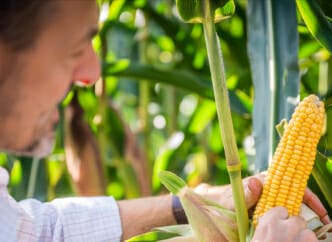LG has a range of summer open days across the UK, to present their demo trials, alongside Limagrain’s technical experts who will be providing all the latest information on new & existing varieties.
As well as the LG experts, each event will feature industry experts from within the agricultural sector, providing technical information on an array of topics such as fertiliser & micronutrients, agrochemicals, SFI’s and more. On top of this, we will again be running the Moisture Meter Clinic, which has been a farmer favourite in past years.
LG’s Summer Demos will have a wide assortment of winter wheat varieties to show, including Limagrain’s No.1 highest yielding variety; LG Beowulf, and a taste of Limagrain’s up and coming RL Candidates and NL2 offerings.
Alongside this, they will also be displaying commercial competitor varieties, with both untreated and treated plots.
Rothwell and Woolpit will be showing all varieties in the Limagrain winter barley portfolio, including the 2 highest yielding; LG Caravelle & LG Capitol, plus exciting new BYDV tolerant RL Candidate, LG Carpenter.
Register now…
—-> Tues 9th July – Rothwell, Lincolnshire
—-> Weds 17th July – Perth, Perthshire
BASIS/NRoSO points will be available for each Demo Day.
If you are thinking of growing an LG variety, have an interest in learning more, or have any questions for our experts, Register Now for one of our Demo Days.
Highest yielding Recommended varieties on show at CerealsPlant breeders Limagrain UK will showcase their impressive portfolio of varieties across crop sectors at Cereals 2024.
After several years absence from Cereals, the breeders have returned to the Event on the back of their resounding success on the 2024/2025 AHDB Recommended List.
“Producing the highest yielding varieties, backed up with desirable agronomic characteristics is an exceptional achievement for any breeder. What’s more, these varieties have proven to be robust and consistent performers across seasons and regions,” explains Ron Granger, Limagrain’s arable technical manager.
 Visit stand 606 to find out more about the highest yielding winter wheat LG Beowulf, LG Caravelle the highest yielding 2-row winter barley and the highest gross output oilseed rape varieties LG Armada, LG Adeline and LG Academic.
Visit stand 606 to find out more about the highest yielding winter wheat LG Beowulf, LG Caravelle the highest yielding 2-row winter barley and the highest gross output oilseed rape varieties LG Armada, LG Adeline and LG Academic.
There will also be experts on hand to discuss Limagrain’s very diverse portfolio, including maize, forage crops and SFI options as well as an opportunity to enter a prize draw to win free seed.
“We are here to listen and share our expertise on how to get the very best out of Limagrain genetics, and the Cereals Event gives us the opportunity to do this directly with the farming community we serve,” he says.
Visit LG on stand 606, buy tickets here
Introducing Kurtis Scarboro – Arable Development Officer Kurtis started his career in the agricultural industry over 10 years ago, working on a mixed livestock and arable farm, before moving into a role within crop trials at NIAB.
Kurtis started his career in the agricultural industry over 10 years ago, working on a mixed livestock and arable farm, before moving into a role within crop trials at NIAB.
In 2022, Kurtis completed a BASIS certificate in crop protection, giving him an additional recognised industry qualification.
Kurtis says, “I am excited to have joined Limagrain UK, and look forward to the variety and the challenges that the job will entail. I have always been interested in furthering my knowledge within the industry. My new role will help me achieve this, especially working within such an experienced and knowledgeable technical team.”
Since starting in September 23, Kurtis has spent a lot of time working with individual crop teams and getting to grips with the Limagrain variety portfolio (there is still a long way to go!).
Kurtis has been helping to plan and organise the drilling of winter wheat demo sites across the UK, at Rothwell, Woolpit, Newbury and Perth. In addition, alongside Ron Granger, he has also implemented a range of agronomy interaction trials at Rothwell, across wheat and barley. The wheat variety demo compares 36 different varieties, including some new promising Limagrain lines, with treated and untreated replicates. Despite the weather, the Rothwell Demo site was drilled over the first 2 weeks of October, using a Wintersteiger trials disc drill with help and thanks to the Rothwell breeding teams.
Summing up his time at Limagrain so far, Kurtis comments, “I look forward to collaborating with people both internally and externally within the industry, and seeing many of you at the LG open days next summer.”
Limagrain Upgrades Malting Barley Laboratory at UK Head QuartersOur malting barley laboratory at Rothwell in Lincolnshire has been upgraded to increase testing capability for the early screening of new varieties, from 1000 to 4000 samples a year, for both the UK and European markets.
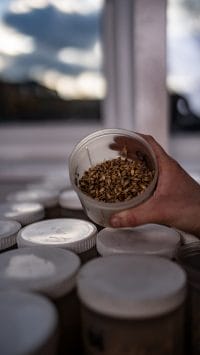
“This will allow us to use the data generated more efficiently to enable more accurate genomic selection, to better predict the malting potential and quality of the next generation of malting barleys,” says Sophie Buon, barley breeder.
“This new approach will test varieties under different micro-malting regimes, that require less water and less steeping – and in response to end user requirements, do this in the most carbon neutral way possible.”
“We hope that the new facility will encourage end-users to visit and see for themselves, the extensive work that we are doing to breed new and exciting malting barley varieties, that meet all of today and tomorrows market requirements.”
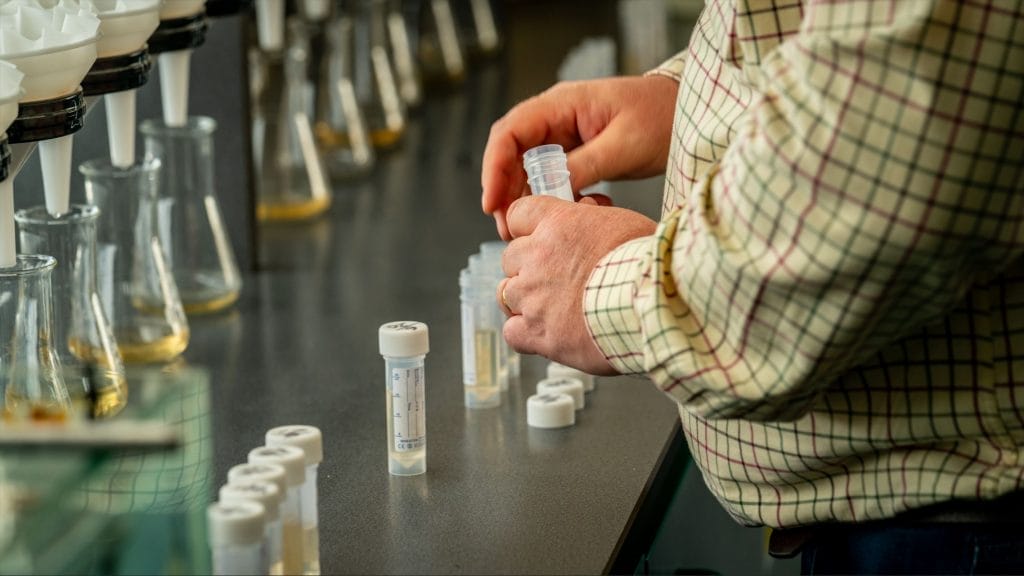
Plant breeder Limagrain’s winter wheat LG Beowulf and 2-row winter barley LG Caravelle, are the highest yielding varieties to join the 2024/25 AHDB Recommended List.
LG Armada also takes lead position as the highest yielding oilseed rape variety on the Recommended List for the UK, whilst LG Adeline takes pole position for oilseed rape in the North.
In addition, high yielding maize variety Saxon tops the 2024 BSPB Forage Maize Descriptive List for ME yield (‘000s MJ/ha).
This means that LG now offer the highest yielding varieties in; winter wheat, 2 row winter barley, OSR and maize*.
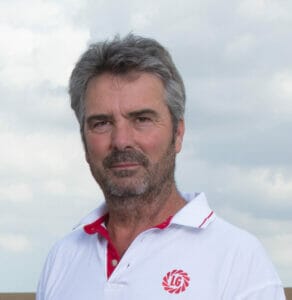
“This is an exceptional achievement for any breeder,” explains Ron Granger, Limagrain’s arable technical manager.
“Last year saw our winter wheat and winter barley varieties take pole positions across the RL. We have built on this success for a second year running, producing higher yielding varieties, backed up with desirable agronomic characteristics, securing high yield performance on farm. What’s more, these varieties have proven to be robust and consistent performers across seasons and regions.”
Highest yielding winter wheat
Group 4 hard wheat LG Beowulf yields 106% across the UK and shows the same consistency of performance across all regions: east (106%), west (106%) and the north (107%) – an outstanding achievement for any variety.
 LG Beowulf has produced these exceptionally high yields consistently in National List and RL trials over regions and seasons, in both the unusually dry summer of 2022 as well as the exceptionally wet summer of 2023. Alongside these yields, it offers a good grain quality, with a spec weight of 78.3 kg/hl.
LG Beowulf has produced these exceptionally high yields consistently in National List and RL trials over regions and seasons, in both the unusually dry summer of 2022 as well as the exceptionally wet summer of 2023. Alongside these yields, it offers a good grain quality, with a spec weight of 78.3 kg/hl.
“LG Beowulf is much like LG Skyscraper; it performs wherever you grow it,” he says. “It can be drilled early or late – providing growers with a wide drilling window, as a first or second wheat, on light or heavy land, and there are very few varieties that meet this criterion,” he says.
LG Beowulf yields are backed up by a set of strong agronomic characteristics, offering an excellent disease resistance profile with ratings of 9 for yellow rust, 6.7 for septoria, as well as orange wheat blossom midge (OWBM) resistance.
It has very stiff straw and is rated 8 for standing in untreated and PGR treated trials, which strongly contributes to its reliability on farm.
“In summary, LG Beowulf is a very high yielding, robust and versatile variety that comes at a time when growers are looking more than ever to maximise output, in order to maintain profit in times of increasing costs,” says Mr Granger.
Highest yielding winter barley
LG Caravelle is the highest yielding two-row winter barley for the second year running, since joining the Recommended List in 2023.
“Offering UK yields of 105.6%, LG Caravelle continues to dispel any misconception that two row barleys are lower yielding than hybrids. The variety certainly competes with the best yielding hybrid barleys, especially in the east,” says Mr Granger. “LG Caravelle is competitive in a black-grass situation, another characteristic that is normally associated with hybrids.” 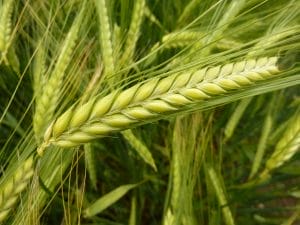
“LG Caravelle’s high yields are backed up by an excellent disease profile, reflected in its superb untreated performance, it is early maturing with stiff straw and good brackling resistance.”
“LG Caravelle also offers an exceptionally high specific weight for a winter barley, of 71.4 kg/hl combined with low screenings %,” he adds.
“Indeed, LG Caravelle possesses all of the key characteristics for a winter barley.”
LG Capitol is a two-row winter barley that joins the Recommended List this year and is a sister variety to LG Caravelle, offering similar yields and consistency of performance over seasons and regions. Its yields sit just 0.1% behind that of LG Caravelle, at 105.5%.
LG Capitol also combines a high specific weight and ripening, similar to KWS Tardis, with a solid disease resistance profile and good straw attributes.
Highest yielding OSR
The top three highest yielding oilseed rape varieties on the 2024/25 AHDB Recommended List all come from the Limagrain stable, offering exceptional consistency over regions and seasons.
LG Armada tops the UK and E/W List at 107%, LG Academic follows 1% behind at 106%, with LG Adeline taking pole position on the Northern List with an outstanding yield of 108.3%.
LG Armada is one of the next generation of versatile high yielding oilseed rape varieties, improving on the characteristic trait loaded-hybrids that growers have come to expect from Limagrain.
“‘Ambassador-like’ in its growth habit, LG Armada has strong autumn vigour, is robust, with good adaptability to all regions of the UK,” says Limagrain’s oilseeds product manager, Liam Wilkinson.
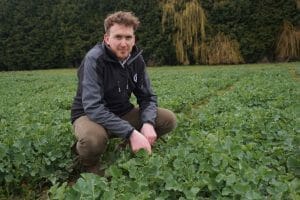 “LG Armada is the first of our seventh generation of hybrids, bringing new maintainer and restorer lines to our OSR portfolio. This effectively means we are bringing varieties to market offering a stacked portfolio of much improved stem health attributes, alongside the standard pod shatter, TuYV and RLM7 resistance traits.”
“LG Armada is the first of our seventh generation of hybrids, bringing new maintainer and restorer lines to our OSR portfolio. This effectively means we are bringing varieties to market offering a stacked portfolio of much improved stem health attributes, alongside the standard pod shatter, TuYV and RLM7 resistance traits.”
“We know stem health is key to driving consistent oilseed rape yields across farms and with these seventh-generation hybrids, we are seeing bigger stems and better rooting which also results in higher oil content,” he says.
Highest yielding maize
Limagrain’s maize variety, Saxon was added to the BSPB 2023 Forage Maize Descriptive List and has made the top of the list for 2024 for its ME yield of 225 (‘000s MJ/ha). It has dry matter yields of 19.1 t/ha, making it ideal for all uses, including anaerobic digestion.

“On the Descriptive List, Saxon yields 105% of the average and additionally is quite an early variety with an FAO of 180,” says Tim Richmond, Limagrain’s product manager for maize.
“Saxon combines superb early vigour with good standing power, making it perfectly suited for all mainstream maize sites.”
“LGAN has long been the watchword for maize varieties that deliver what really counts – high yields of high-quality feeds that sustain excellent milk yields. Saxon is one of the latest examples of the benefit of breeding varieties that deliver in the clamp.”
To learn more about how any of these varieties could perform on your farm, click the links below;
LG Maize
LG Winter Wheat
LG Winter Barley
LG OSR
- * Data: 2024/25 AHDB RL / *2-row winter barley. 2024 BSPB NIAB Forage Maize Descriptive List – First choice varieties for favourable sites by ME yield of fresh plant at harvest (‘000s MJ/ha)
Limagrain UK is pleased to announce that the impending ban on maize seed treatments has been lifted following a successful lobbying campaign, with the granting of Emergency Authorisations allowing seed treated with three key seed treatments to be imported into and grown in the UK in 2024.
The future viability of maize being grown in the UK has been in question due to an impending ban on seed treatments not registered for use in the UK. These include Korit (ziram) bird deterrent, Redigo M (prothioconazole + metalaxyl) fungicide and Force 20 CS (tefluthrin) insecticide, with the use of all three products due to be banned from 31st December 2023. After this date it would have been illegal to import, sell or sow any seed which has been treated with any of these products, putting into doubt the future viability of maize grown for livestock forage or as a feedstock for anaerobic digestion (AD) plants.

Tim Richmond
“Without a suitable bird repellent, insecticide and fungicide, there’s a substantial risk that newly drilled crops could be completely wiped out by corvid grazing, or seriously hindered by insect damage and soil-borne pathogens,” explains Tim Richmond, Maize Manager for Limagrain Field Seeds in the UK and Ireland.
“To counter the ban, which has threatened the industry as a result of the UK’s departure from the EU, Limagrain set up and spearheaded an industry working group to lobby the Government into taking action. We can now announce that all three products have been granted an Emergency Authorisation, meaning that treated seed will be allowed to be imported into, and used in the UK next year.”
But the campaign doesn’t end here Mr Richmond continues. “Whilst the emergency use authorisations are a significant win for the industry, they are by no means a permanent solution. We are therefore continuing to lobby on behalf of all UK maize growers to secure a more sustainable solution in the form of a longer-term delay on the ban which will require a change in UK law, and will encourage the CRD (Chemicals Regulation Division) to ensure the next generation of maize seed treatments are approved at a regulatory level as quickly as possible.”
FIND OUT MORE ABOUT OUR MAIZE VARIETIES HERE
Limagrain provides feed for endangered bird speciesThe campaign to increase numbers of turtle doves in the UK and stave off extinction of this endangered species is benefitting from feed supplies from seed company Limagrain UK.
Donations of small seeds typically turnips and peas and oilseed rape screenings from the company’s seed plant in Norfolk, that would otherwise be wasted, are supporting birds on the independent Turtle Dove Breeding Project. This project, co-ordinated by Trevor Lay of Waveney Wildlife, supplies all the captive bred birds to the Turtle Dove Trust for release purposes.
“We use mostly domestic, fostering Java Doves and we also encourage the Turtle Doves to rear at least one or two broods themselves,” says Trevor.
The breeding project supplies around 500 turtle doves each year, free of charge. The majority to the Turtle Dove Trust, and to other conservationists or release projects.
Trevor puts the seed material on a range of different ground surfaces such as scrubby grass, gravel, different sand types, ballast and granite chippings, so the young birds get used to foraging for all their seeds. “They are then familiar with searching on different terrain when they are released.
“We aim to release over-wintered birds once the oilseed rape and barley harvest is well underway, so the birds have plentiful feed supplies locally and are not tempted to migrate.”
The UK population has declined by almost 90% during the past 40 years. Captive breeding is helping to ensure that this species of dove does not face extinction. But it relies on donations and so we are always delighted when companies and individuals step up to the mark to help the project.
To learn more about the amazing work this charity is doing to help Turtle Dove populations, visit Turtle Dove Trust
Maize breeder optimistic of a reprieve for seed treatmentsLimagrain UK is optimistic that treated maize seed will still be available for the upcoming season as hope grows that the impending ban on seed treatments will be delayed following a successful lobbying campaign.
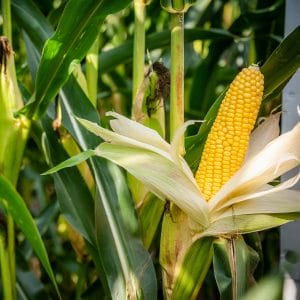
The future viability of maize being grown in the UK – either for use as livestock forage or as a feed source for AD (anaerobic digestion) plants – has been in question due to an impending ban on all seed treatments including Korit (ziram) bird deterrent, Redigo M (prothioconazole + metalaxyl) fungicide and Force 20 CS (tefluthrin) insecticide.
As it currently stands, from 31st December 2023 it would be illegal to import, sell or sow any seed which has been treated with any of these products, leaving crops at significant risk of failure.
“Without a suitable bird repellent, insecticide and fungicide, there’s a substantial risk that newly drilled crops could be completely wiped out by corvid grazing, or seriously hindered by insect damage and soil-borne pathogens,” explains Tim Richmond, Maize Manager for Limagrain Field Seeds in the UK and Ireland.
“Corvids are highly intelligent birds, and quickly understand seed drilling patterns, with any attempt to drill seed deeper to prevent bird damage likely to exacerbate the risk of seedling blight, making the application of a fungicide seed treatment such as Redigo M even more critical.”
To counter the ban, which has threatened the industry as a result of the UK’s departure from the EU, an industry working group – spearheaded by Limagrain UK – has been set up to lobby the Government into taking action.
“Limagrain has taken a leading role in this sector-wide campaign which has also included the MGA, AIC and NFU,” Mr Richmond continues. “A number of emergency authorisation (EA) applications have been made to the regulators for the continued use of these treatments for sowing in spring 2024, with a decision on whether the ban will be withdrawn or delayed due imminently.”
The Expert Committee on Pesticides is scheduled to meet in September, with a final announcement are expected to be made before the end of the month.
“As things currently stand, we’re confident that our ongoing discussions with the Farming Minister, the Rt. Hon. Mark Spencer MP, will have a favourable outcome and that all three seed treatments will still be available for use in 2024 – either as a result of the Emergency Authorisations being granted, or because of a change in the law to delay the withdrawal date.”
Despite the imminent announcement there remains significant uncertainty amongst UK maize growers, with some already suggesting they are preparing to sow an alternative crop such as wholecrop winter wheat.
“We appreciate that the clock is ticking and that for some growers any announcement might come too late,” Mr Richmond adds. “But until a concrete decision has been made, we’d urge growers not to rush into making any changes to next year’s rotation.
“We will know more in a relatively short timeframe and will announce the Committee’s decision as soon as it has been made known to us. In the meantime, we are continuing to lobby for the new generation of maize seed treatments to be registered with the CRD as quickly as possible to ensure maize remains a viable crop in the UK in the long-term.”
Limagrain UK will be exhibiting at the UK Dairy Day in Telford on Wednesday 13th September. Please feel free to visit stand H120 to discuss the latest situation with a member of the LG team.
Ian Foot: a pioneer in bringing quality wheats to marketQuality wheat breeding is losing a renowned figure as Ian Foot retires from the world of flour functionality and baking at leading plant breeders Limagrain UK, where he has headed up the quality wheat programme for the last 30 years.
 Whilst Ian Foot’s retirement marks the end of an era, it also marks the beginning of a new chapter, led by a passionate and skilled successor. As the torch is passed on to Ewa Lagowska, the spirit of innovation and excellence in wheat quality breeding continues to thrive at Limagrain UK.
Whilst Ian Foot’s retirement marks the end of an era, it also marks the beginning of a new chapter, led by a passionate and skilled successor. As the torch is passed on to Ewa Lagowska, the spirit of innovation and excellence in wheat quality breeding continues to thrive at Limagrain UK.
Ian had an unconventional start to his journey in science. He didn’t like his history teacher at school, so he opted to take biology instead!
 This led him to pursue biology at higher education, firstly at the Northeast Surrey College of Technology and subsequently at the West of Scotland Agricultural College, where Ian’s six-month industrial placement turned into a transformative few years at Throws Farm.
This led him to pursue biology at higher education, firstly at the Northeast Surrey College of Technology and subsequently at the West of Scotland Agricultural College, where Ian’s six-month industrial placement turned into a transformative few years at Throws Farm.
During this time, Ian not only gained valuable practical knowledge but also discovered his true calling. He returned to his studies with newfound zeal and completed a degree in agriculture, specialising in Crop Production. Armed with his newly acquired knowledge, he landed a position at Twyford Seeds, where he managed seed quality and pathology labs.
 However, it was all change in the early 1990’s, when he found himself working for plant breeders Nickerson, who at that time had recently been acquired by Limagrain. Here he had the privilege of working under the mentorship of the esteemed wheat breeder, Bill Angus. Under Bill’s guidance, Ian honed his skills and became deeply involved in quality wheat breeding.
However, it was all change in the early 1990’s, when he found himself working for plant breeders Nickerson, who at that time had recently been acquired by Limagrain. Here he had the privilege of working under the mentorship of the esteemed wheat breeder, Bill Angus. Under Bill’s guidance, Ian honed his skills and became deeply involved in quality wheat breeding.
Ian took on the role of quality wheat manager, where he played a crucial role in developing quality programs that bridged the gap between end-user requirements and wheat breeding for the bread and biscuit sectors.
Working closely with wheat breeder Ron Granger, Ian spearheaded the development of the leading milling variety, Crusoe. Collaborating with the baker, Warburtons, Ian and his team had set out to find a wheat variety that could potentially replace the popular variety, Hereward. This variety had to meet Warburtons’ stringent quality requirements, including the quality of the flour, its functionality, baking performance and colour. For a variety to make a Group 1, it needs to deliver all this consistently.
The creation of Crusoe was a triumph. It not only met Warburtons’ high standards but also proved to be a resounding success in the market.
Today, more than a decade later, Crusoe remains one of the leading quality wheats, a testament to Ian’s visionary work and it has just been awarded the NIAB Variety Cup. 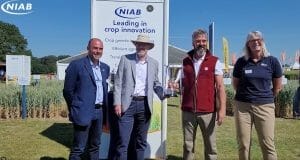
Ian Foot remains modest about his achievements and acknowledges the challenges of quality wheat breeding. The complexity of the task, with numerous independent variables to consider, makes it rare for a variety to tick all the boxes and endure in the competitive market.
Nevertheless, Ian’s passion for science, dedication to his craft, and commitment to improving agriculture have left a lasting impact on the industry and earned him a well-deserved place among the pioneers of quality wheat breeding.
LG GatePost Newsletter – June 2023The June 2023 issue of LG GatePost is now available to download.
This edition features articles about our newest wheat addition to the 2023-24 AHDB Recommended List, LG Redwald, as well as LG Caravelle, our excellent 2-row winter feed barley.
You can read about and view our Live Panel event which was a round table discussion on Varieties, Soils and Policy with industry experts.
We discuss the new Sustainable Farming Incentives and the new ‘actions’ involved, with an article about why to consider establishing a legume fallow.
There is also information about our upcoming Demo Days and a link to register.

LG GatePost – June 2023
Information: Forage Maize Seed Treatments for Sowing Spring 2024
Please click to fill out this survey to help
The Issue
Forage maize seed used in the UK is produced and pre-treated in Europe, with an appropriate fungicide to safeguard it against root zone diseases such as seedling blight, and a bird repellent to discourage corvids from taking the seed.
As part of the European Union free market, seed treated with a crop protection product has free movement across Member State boundaries. Now that the UK is no longer a member of the EU, such rules do not apply and, as of 31 December 2023, it will be illegal to import, sell or sow treated seed with Korit (ziram) bird deterrent, Redigo M (prothioconazole + metalaxyl) fungicide and Force (tefluthrin) insecticide, since the products are not licenced by the UK CRD/HSE.
The Impact
A lack of suitable bird repellent can result in the total loss of the crop. Corvids are intelligent birds and quickly understand seed drilling patterns. In the photograph below, the crows were able to identify which plots were untreated taking almost all of them.
Any attempt to drill the seed deeper to avoid bird damage exacerbates the issue of seedling blight, making application of a fungicide seed treatment such as Redigo M more critical.
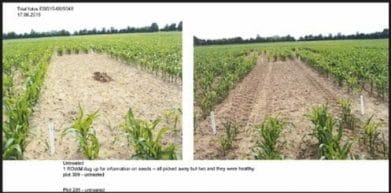
Alternatives
Current alternatives include the use of bird scarers, with the accompanying noise pollution, or control of corvids by shooting; neither of which make sense in today’s agriculture.
The danger is that farmers and growers turn away from the growing of forage maize, a high-density nutritious feedstock both for the dairy and livestock sectors, and for the anaerobic digestion industry for energy production.
What are we doing about it?
Limagrain, along with a number of other seed breeders have initiated a working group which has successfully galvanised the NFU, AIC and other parts of the industry into action. Letters to MPs, Select Committees and Ministers have either been sent or are in the process of being sent. Civil servants have been contacted and the media “activated”.
How You could Help
We are keen that as many MPs as possible are aware of this issue:
1. Complete this survey put together by the MGA and NIAB which will give a deeper insight into the issue and who it’s affecting
2. Would you consider writing to your local MP on this subject?
3. Can you raise the problem with their local NFU representatives?
4. Evidence: we are definitely on the hunt for photos of where untreated seed has been planted and anecdotes thereof. Have you seen this problem in action?
Survey reveals variety decisions driven by regional trials information
Arable farmers favour local variety trials over national demonstrations when making crucial decisions about what varieties to grow next season, a survey by plant breeders Limagrain UK reveals.
The online questionnaire shows the overwhelming majority (86%) regard the information they gain from regional variety demonstrations as being more relatable than from national events.

Tom Barker, Cereals and Pulses Product Manager
“This is mainly because local events offer the chance to see how new and existing varieties perform in local soils, climate, and disease situations,” comments Limagrain UK cereals and pulses product manager, Tom Barker.
“Indeed,43% of farmers responding to the survey have attended a regional event with variety trials in the past 12 months, compared with just 28% that have attended a national event, such as Cereals or Arable Scotland.”
“Around one quarter have taken part in an online trials webinar, such as those organised by AHDB, or NIAB TAG.”
“Three-quarters of growers are prepared to travel up to an hour or more to attend a regional variety trial, and alongside location and practical considerations, such as date and time, the quality of technical information on offer is a major factor influencing the decision to attend,” he says.
This shows growers value the opportunity to gather technical information on individual varieties, and how to grow them, he points out, although of particular interest is the ability to compare treated and untreated plots to see first hand how varietal characteristics stand up to seasonal pressures.
“Other areas of interest include; late versus early drilling comparisons, different methods of establishment, alternative fungicide programmes, and trace element/ micronutrient work.”
As might be expected, winter wheat varieties are generally of most interest, followed by winter barley, spring barley, oilseed rape, then a host of other minor crops.
“It is also clear from the survey that, while growers take information from a range of sources when making variety decisions, including independent bodies, breeders, agronomists, and seed merchants, the vast majority (93%) would confidently select a variety based on what they had seen or learned at a variety trial,” says Mr Barker.
“We organised the survey to find out what growers want from trials events, and how we can tailor them to their needs in the future.”
“It shows that growers base their varietal decision making on what they see or learn at demonstrations and trials, with regional events once again proving their worth as a place growers can go to gain knowledge and understanding of varieties.”
Summer Demo Days
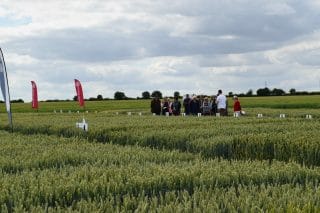
Recognising the importance of local information when making variety choices, Limagrain UK hosts a series of events around the country every year.
This summer’s programme during June and July features five locations, from our milling wheat demonstration on the Essex coast near Maldon, up to the Perth winter wheat trials in central Scotland (see panel for details of all events).
Every demonstration will showcase a range of new and existing varieties, alongside five new Candidate wheat varieties currently going through Recommended List approval. These include two potential biscuit wheats, LG Arkle and LG Grendel, and two hard feed wheats, LG Beowulf – the highest yielding feed wheat Candidate – and LG Redrum.
Limagrain UK’s Rothwell site will also feature the new winter barley Candidate LG Capitol, plus the highest yielding two-row feed, LG Caravelle, which joined the RL this year.

